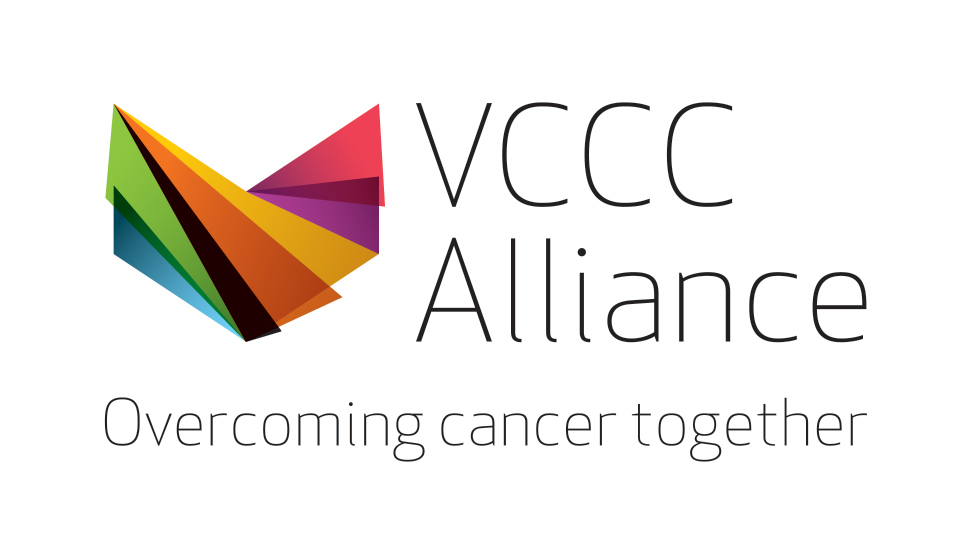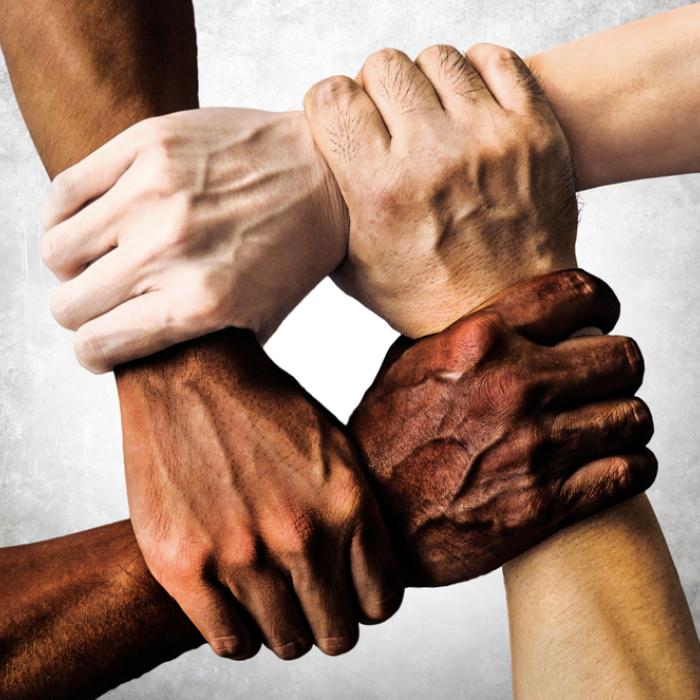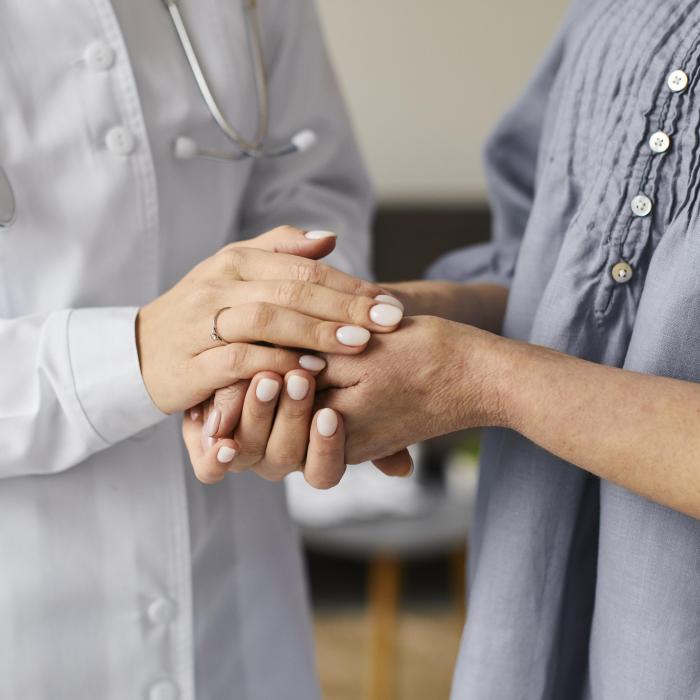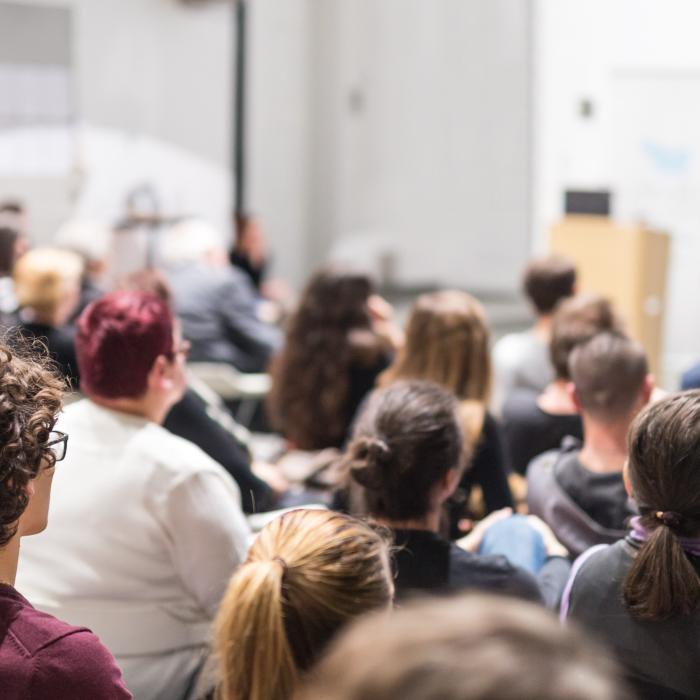Monday Lunch Live
10 November 2025 (Video recording below)
Learning from lived experience and expertise: Inclusive cervical screening research, advocacy, and real-world change
This Monday Lunch Live brings together lived experience, public health research, and advocacy to reimagine cervical screening access for people with disabilities.
Grounded in the social model of disability, the session opens with Madeleine Clarke, a disabled researcher and advocate, framing the conversation around systemic barriers and the need for rights-based reform.
Karleen Plunkett, an expert by experience and disability advocate, reflects on her work in peer-led screening programs, which began in the 1990s, sharing lessons learned and persistent challenges.
Dr Tessa Saunders, a public health researcher and implementation specialist, presents findings from recent Supporting Choice and Real Choice projects - exploring the promise and limitations of self-collection for cervical screening, along with opportunities for improvement.
The webinar closes with a discussion on advocacy priorities and the shifts needed to achieve lasting, inclusive change.
Chair
Dr Niveditha Rajadevan
Consultant Gynaecological Oncologist, The Royal Women’s Hospital, PhD candidate, University of Melbourne, Peter MacCallum Cancer Centre
Before joining The Royal Women’s Hospital where she previously trained, Dr Rajadevan worked as a gynaecological oncologist at Auckland City Hospital. She has been involved in several research projects, including as Principal Investigator on a research project investigating the Molecular Profile of Endometrial Cancer in Young Women in New Zealand. While training at The Royal Women’s Hospital, she was a Principal Researcher investigating the role of serum HE4 levels in endometrial cancer, with the results published in the Australia and New Zealand Journal of Obstetrics and Gynaecology. Her PhD through the University of Melbourne and Peter MacCallum Cancer Centre is on Testing Therapies for Mucinous Ovarian Cancer in Novel Patient-Derived Models.
Speakers
Madeleine Clarke
Research Assistant, Evaluation and Implementation Science Unit, Melbourne School of Population and Global Health, University of Melbourne
Ms Clarke is a disabled research assistant with a background in disability advocacy. Her work has had a particular focus on co-design initiatives relating to the Disability Standards for Education and other rights-based frameworks, as well as on participatory research activities relating to the NDIS, employment, and child safety policies and landscapes. Her work in this area has brought together the needs and perspectives of disabled people and the employees of sectors and systems in which people with disability are embedded. She now works at the University of Melbourne across projects that aim to increase access to cervical screening for people with disability.
Karleen Plunkett
Advocate with lived experience
Ms Plunkett is a dedicated advocate for systemic change, drawing on her lived experience of disability to champion inclusive healthcare, transport, and policy development. Since the early 1990s, she has led peer education programs, worked for and advised government and health bodies, and contributed to academic research with institutions including Deakin, Melbourne, and Sydney universities. Her work with Women with Disabilities Victoria, the University of Melbourne, University of Sydney, and the Centre for Disability Studies continues to amplify the voices of people with disabilities, particularly in improving access to cervical screening. Her impact has been recognised through her induction into the Victorian Women's Honour Roll.
Dr Tessa Saunders
Research Fellow, Evaluation and Implementation Science Unit, Melbourne School of Population and Global Health, University of Melbourne
Dr Saunders is a public health researcher specialising in health system improvement, program implementation, and translational research. She leads a program of research focused on improving access to and the experience of cervical screening for women with disability, working in partnership with lived experience researchers and project advisors. Her broader research portfolio advances equity in cervical screening through participatory methods including co-design, collaborative quality improvement, and implementation science. She established and facilitates consumer advisory groups focused on inclusive research engagement and, as a person with lived experience of cancer, is also an active member of the Cancer Council Victoria Consumer Advisory Network.
Resource details

This course is brought to you by




